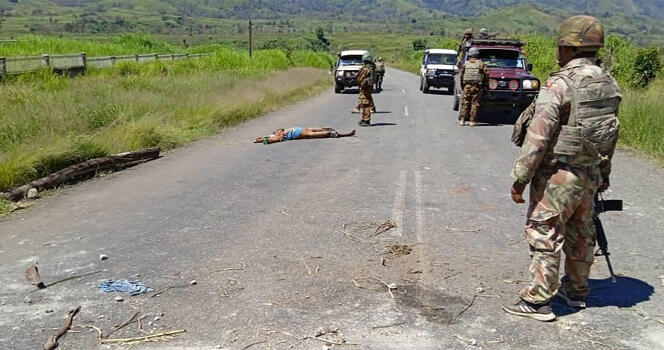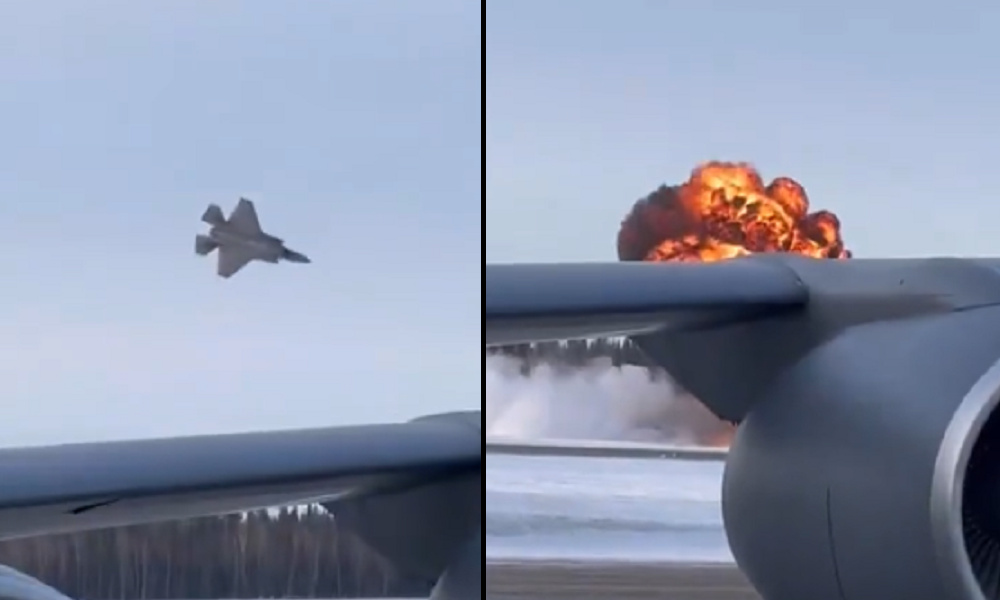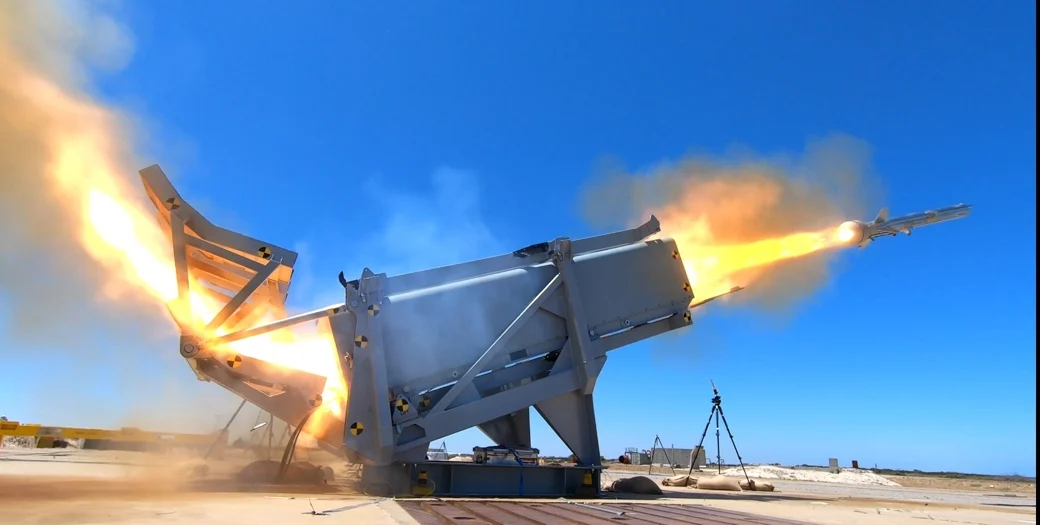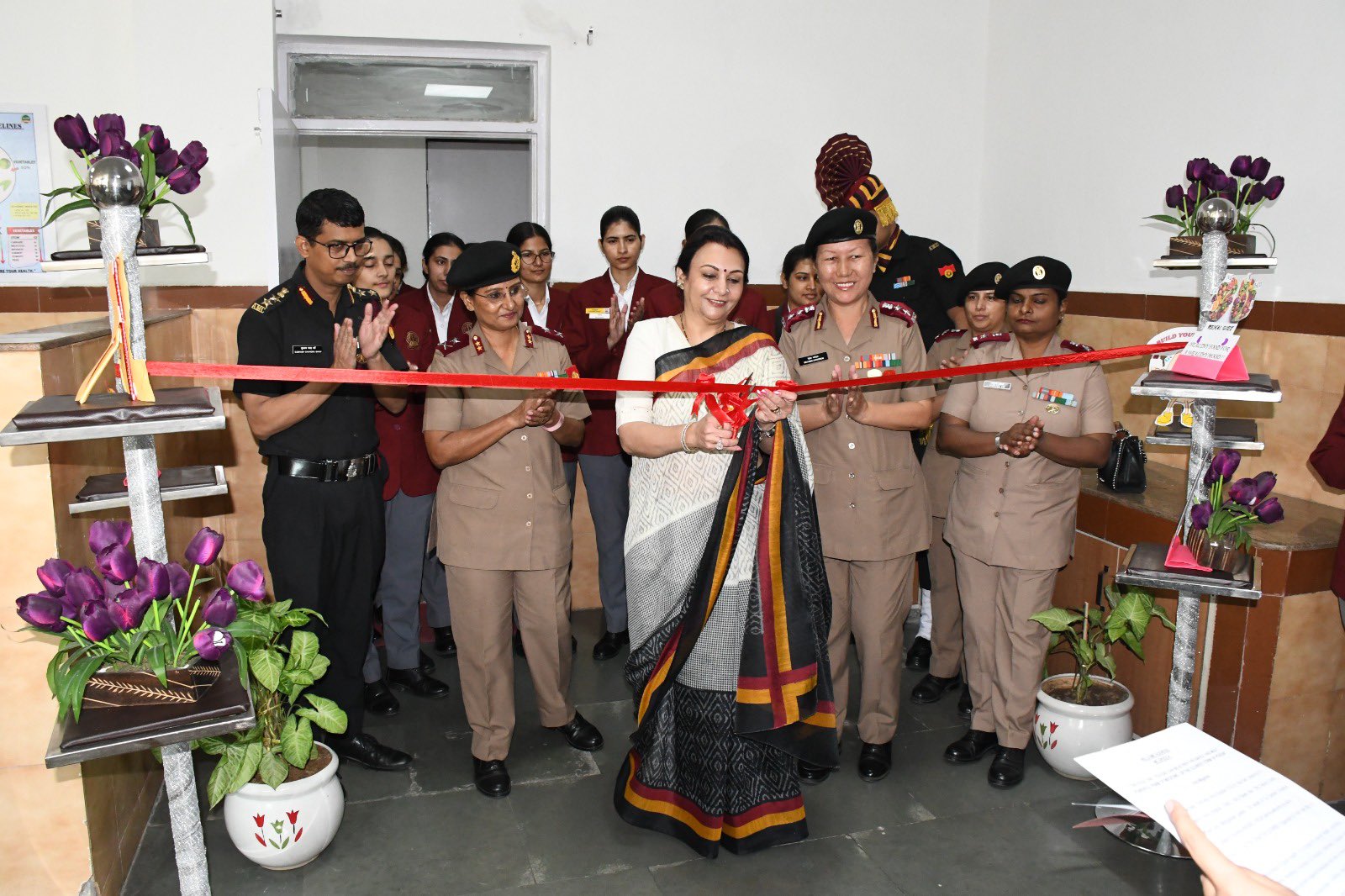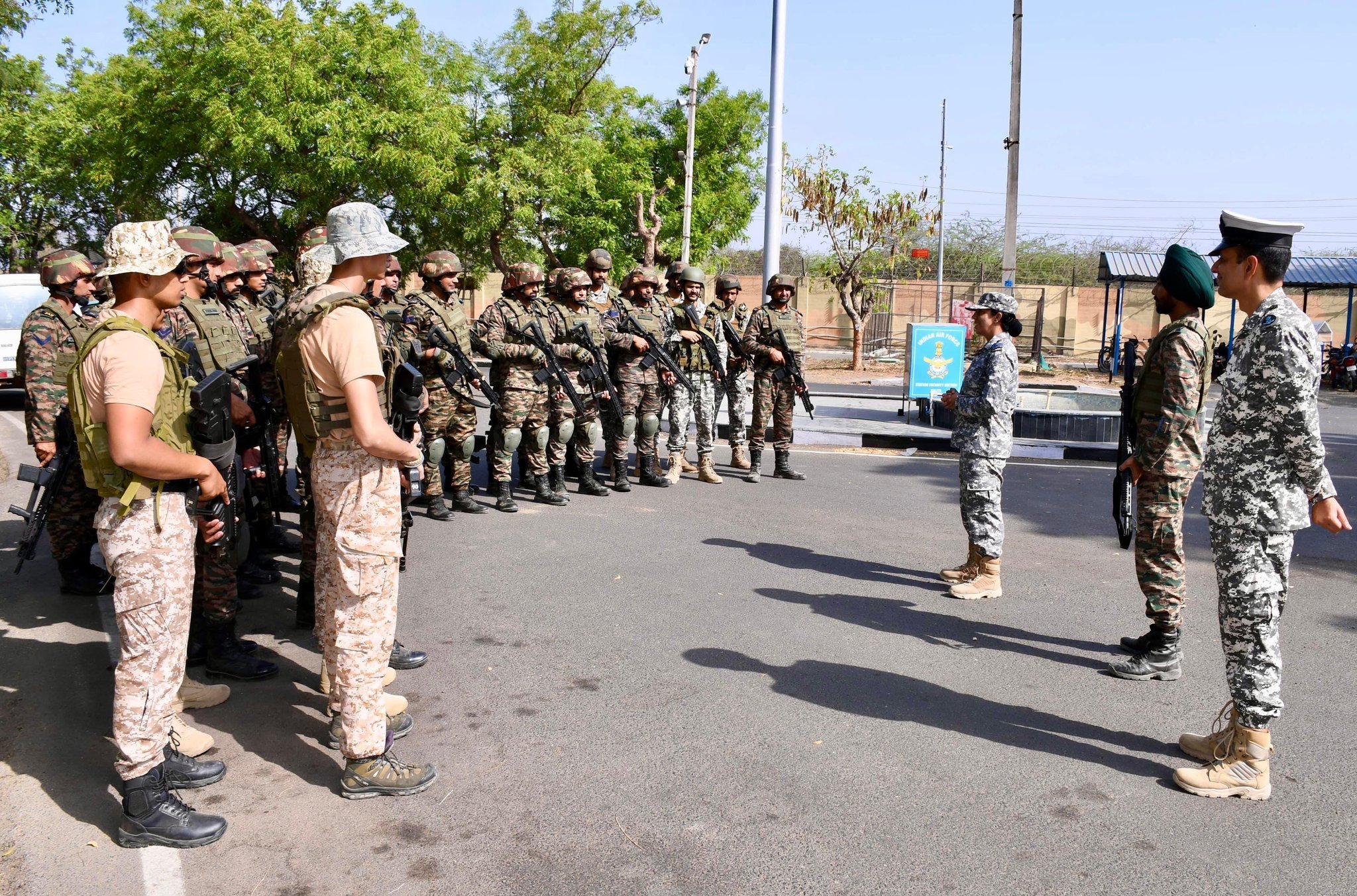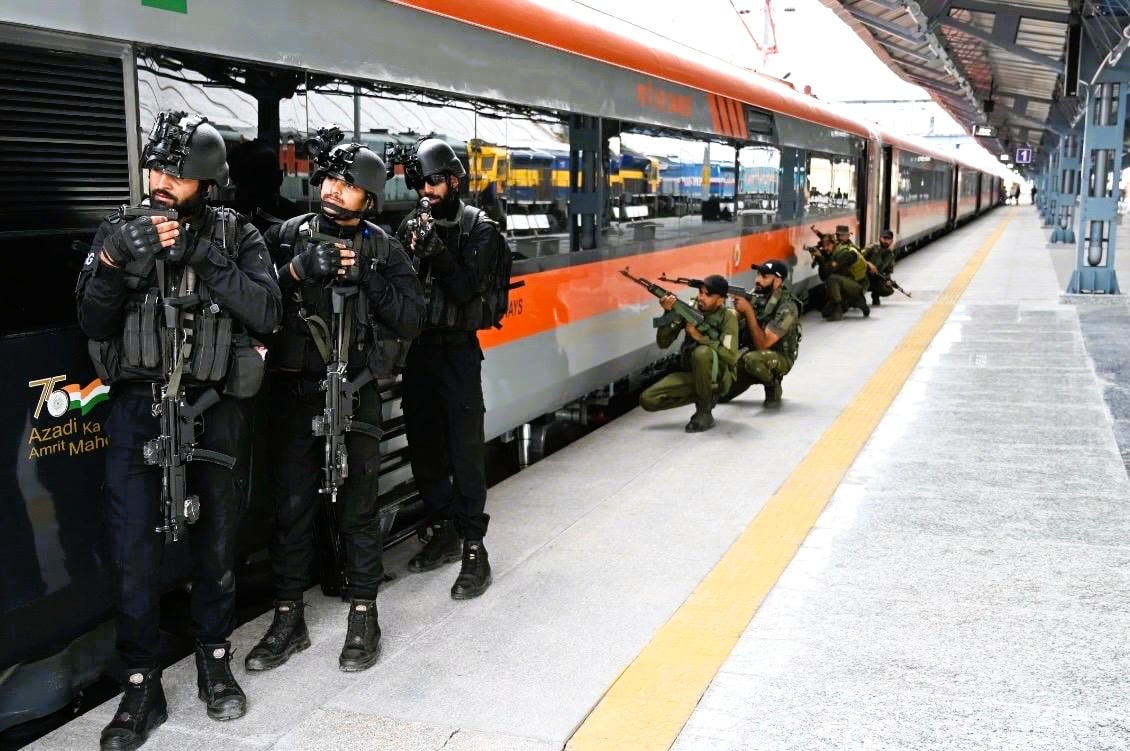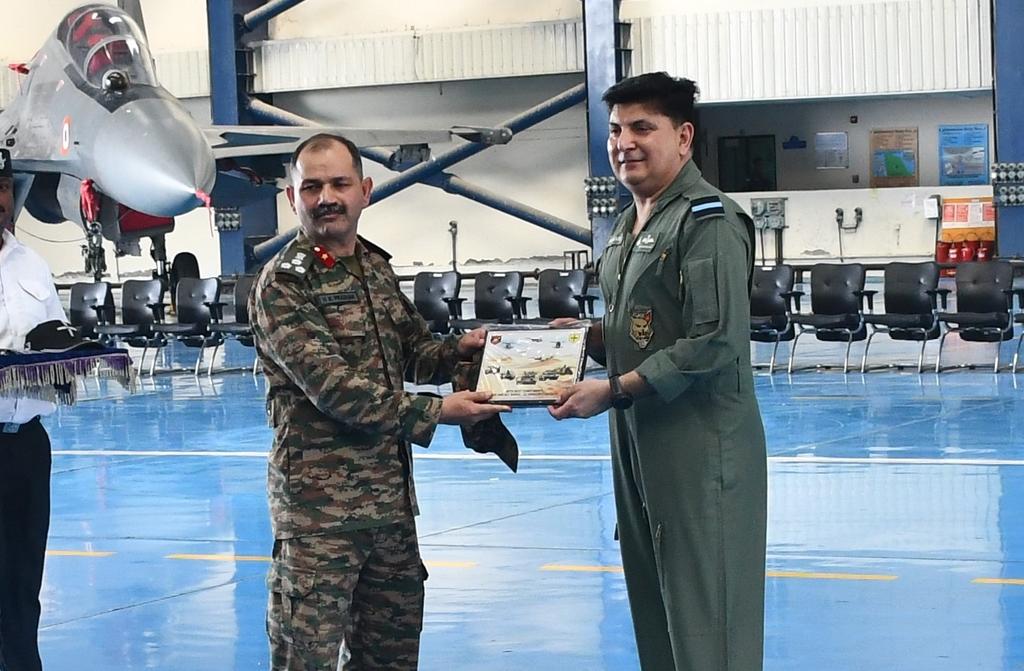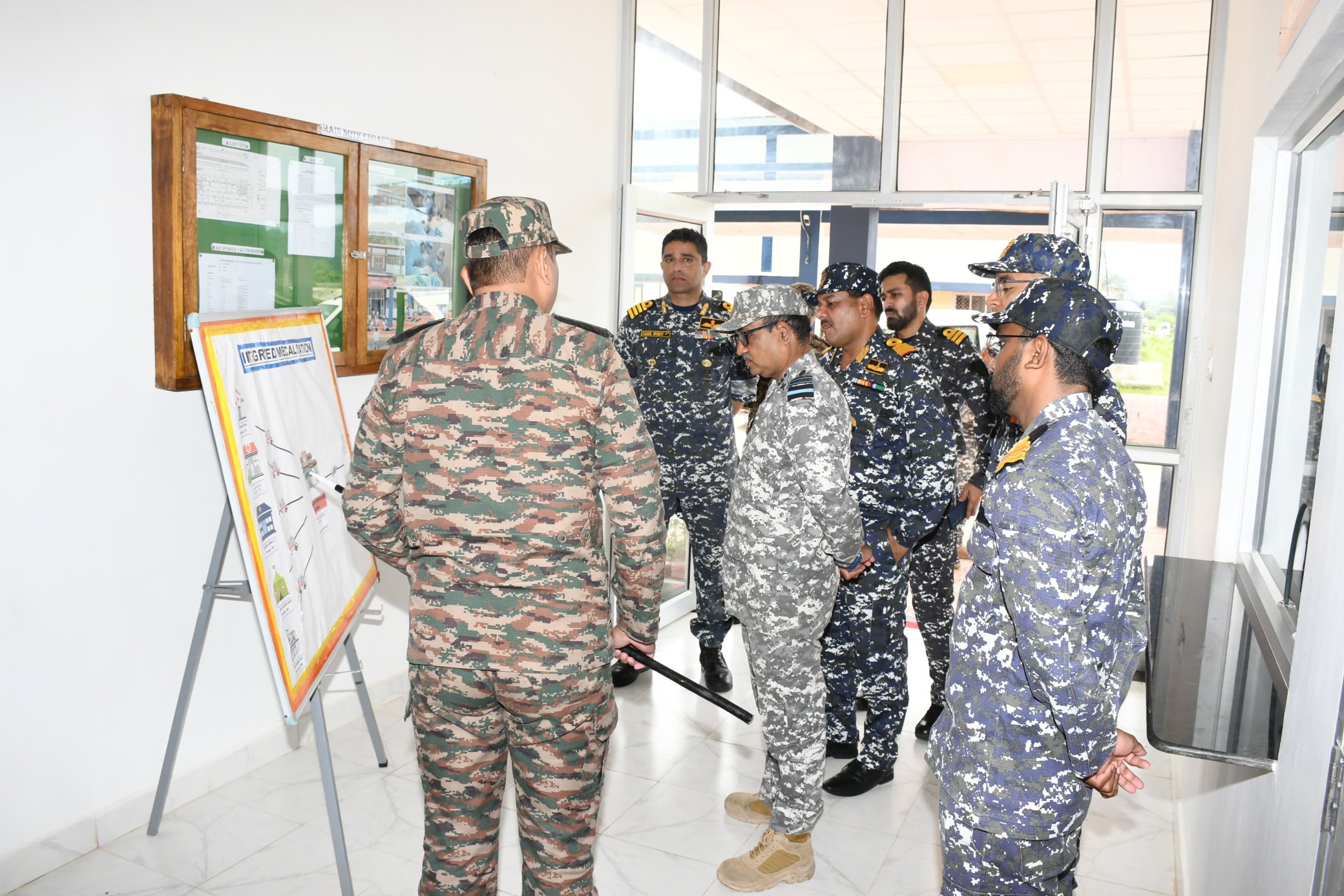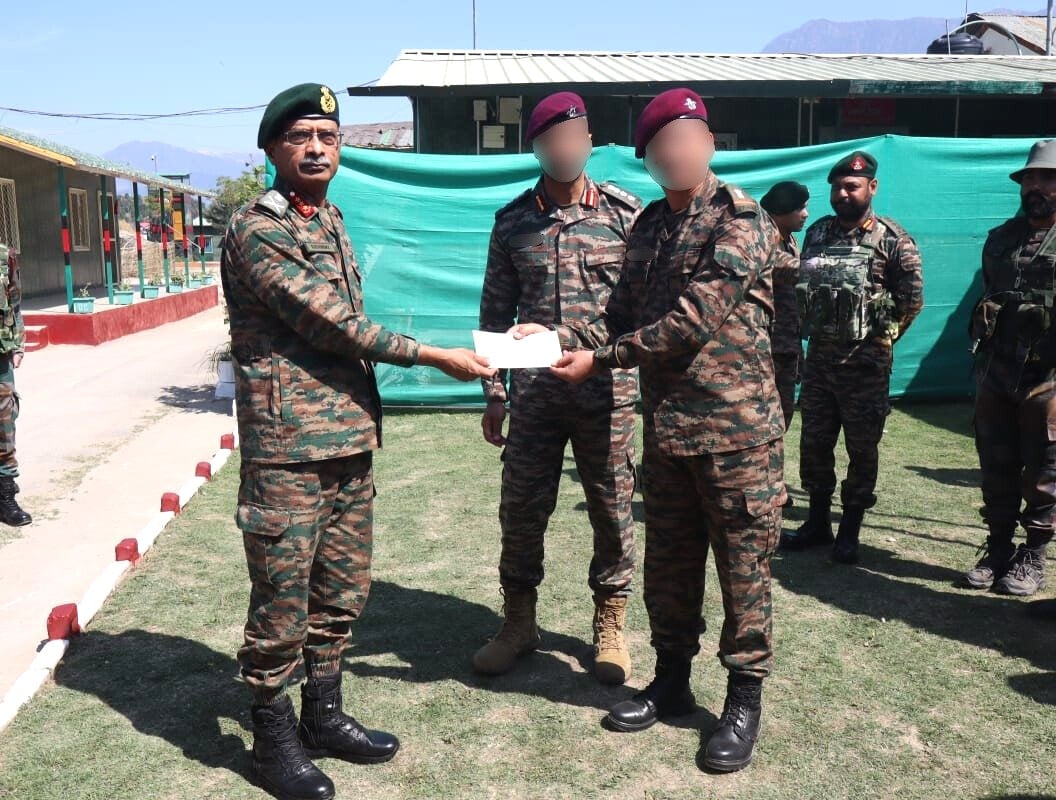Papua New Guinea’s Prime Minister James Marape announced a decisive response to the escalating lawlessness in the troubled highlands, vowing to empower police to combat violent tribal clashes that have claimed numerous lives. The announcement follows a series of deadly confrontations between rival clans over land disputes near the expansive Porgera gold mine—an area vital to the country’s economy.
In a recent statement to AFP, Marape referenced the new domestic counter-terrorism laws, which were passed with strong bipartisan support last month. These laws grant authorities substantial powers to deploy armed police forces and engage military support as needed. “We have this anti-terrorism act that will give power to police to flush out those who engage in tribal conflicts,” Marape explained. He indicated that the police will now be equipped to “deal ‘fire with fire,'” as part of an immediate response to the violence.
The Porgera gold mine, historically accounting for approximately 10 percent of Papua New Guinea’s annual export revenue, has seen its operations disrupted by outbreaks of tribal violence. Such conflicts have plagued the region for centuries, exacerbated by the introduction of automatic weapons and the involvement of mercenaries, which has intensified the cycle of violence.
As part of a long-term strategy, Marape outlined plans to expand the police force from its current strength of 6,000 members to over 10,000 within the next five years. Previous government efforts—ranging from suppression and mediation to gun amnesties—have faced challenges and yielded limited results in curbing the violence.
The situation is particularly dire in Papua New Guinea’s central Enga province, where retaliatory fighting has become increasingly brutal. A harrowing incident in February saw as many as 64 tribesmen killed during an ambush, highlighting the desperate need for effective intervention.
In the backdrop of these domestic security concerns, Marape also addressed international relations, particularly with China. The country has been keen to enhance its influence in the Pacific, offering training and equipment to bolster Papua New Guinea’s law enforcement capabilities. Despite acknowledging China’s role as a significant trading partner, Marape emphasized the importance of maintaining alliances with traditional Western partners, including Australia and the United States, particularly for matters of security.
“China has a place in the Pacific. We are not in the business of shutting China out from the region,” he remarked. However, he underscored that Papua New Guinea would prioritize its security alignments with nations that share similar global perspectives.
Last December, a security agreement was established with Australia to provide additional training and support for Papua New Guinea’s police force. Earlier that same year, the United States was granted extensive access to crucial naval bases, ports, and airfields, instigating criticism over concerns of excessive foreign influence.
With the stakes high in both economic stability and national security, the government’s approach aims to quell the violence and restore order, setting a course for a more secure future in the volatile highlands region.

